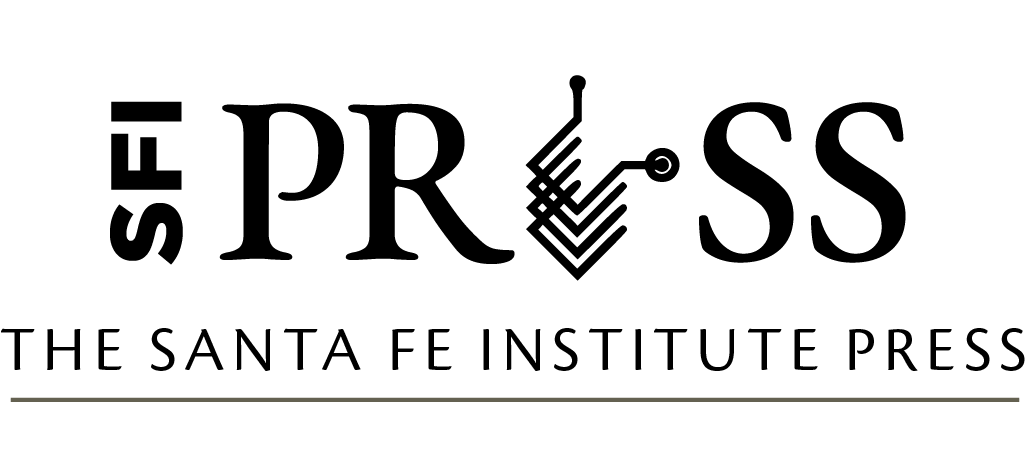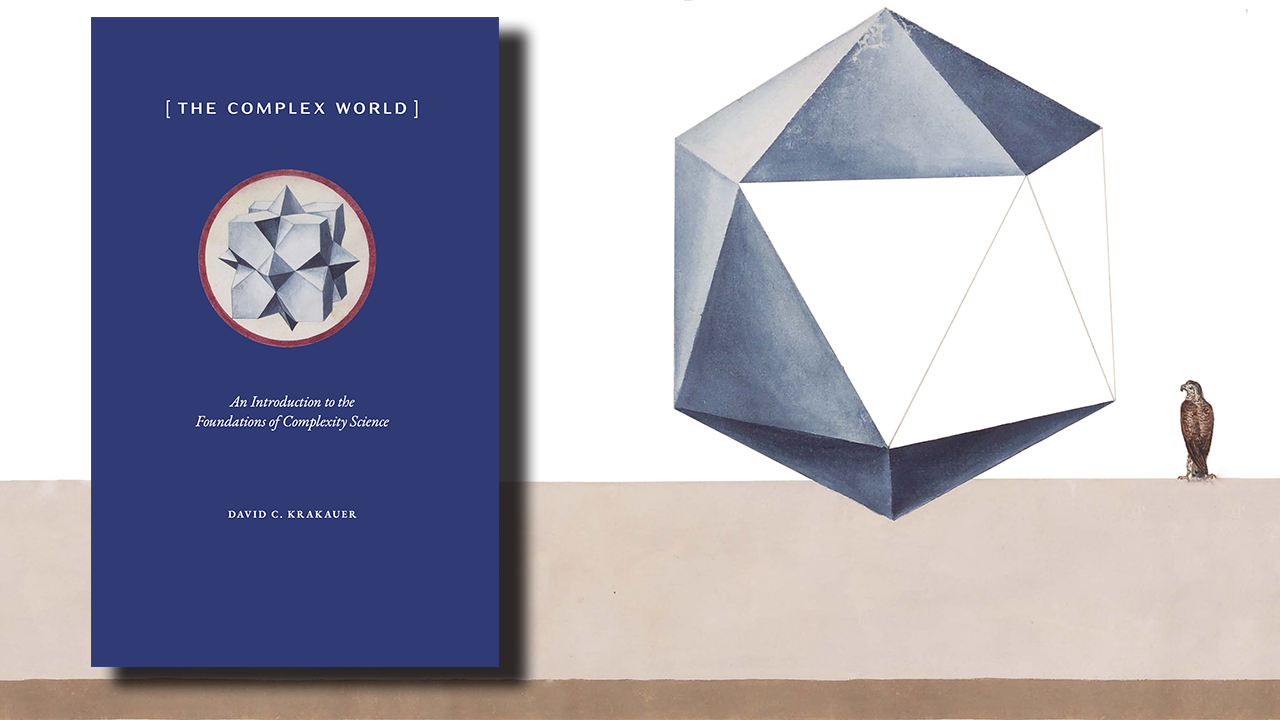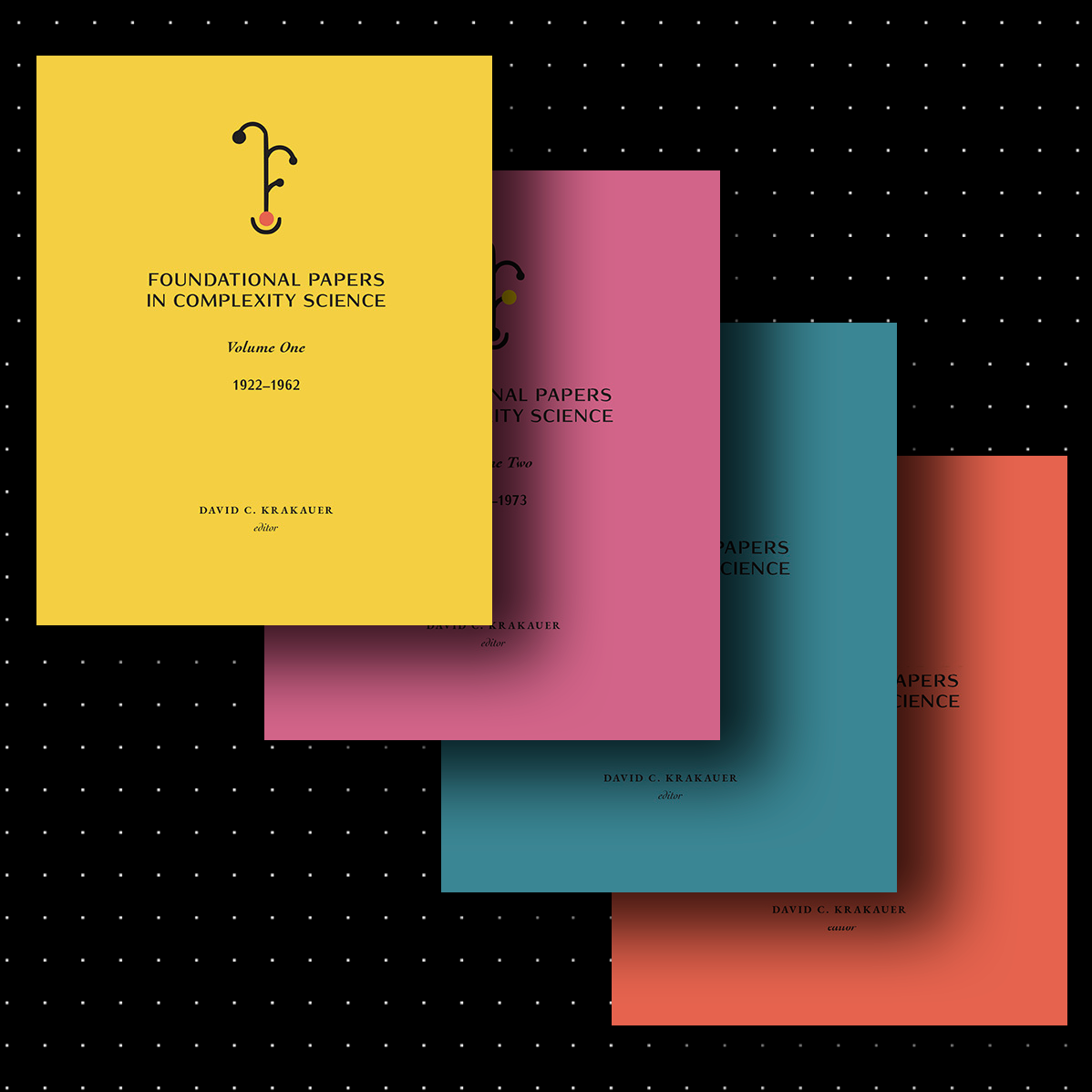Han L. J. van der Maas
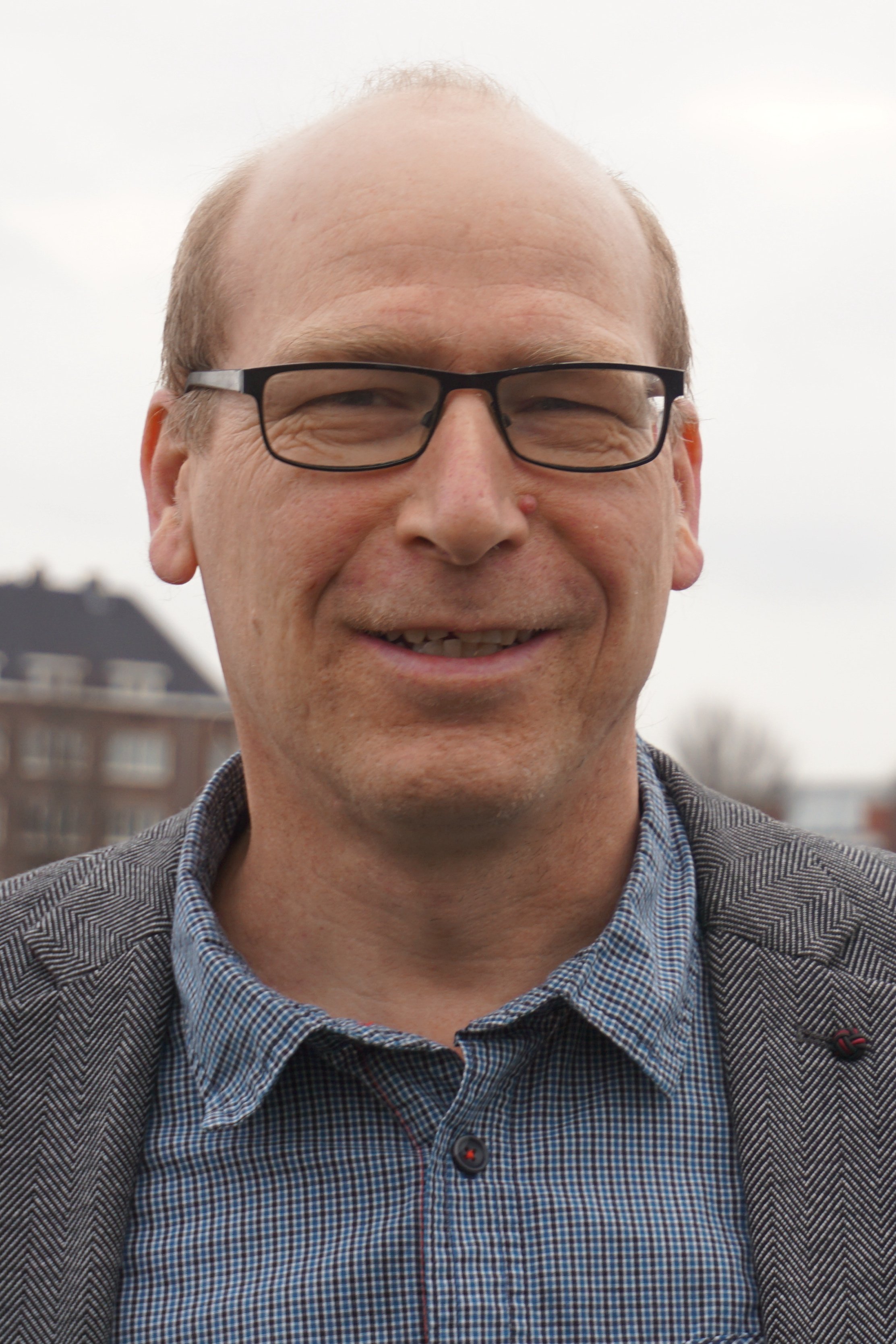
Han L. J. van der Maas
Professor, University of Amsterdam, and External Faculty, Santa Fe Institute
Han L. J. van der Maas is Professor of Psychological Methods in the Department of Psychology at the University of Amsterdam and Distinguished Research Professor of Complex Systems in the Social and Behavioral Sciences. He is also an External Faculty Member of the Santa Fe Institute and a Principal Investigator and Board Member of the Institute of Advanced Study at the UvA.
Van der Maas received his PhD in developmental psychology in 1993, focusing on phase transitions in cognitive development. He joined the faculty of the University of Amsterdam, becoming full professor in 2003 and chair of the Psychological Methods Group in 2005. He has held leadership positions as Director of the Graduate School and Director of Research.
In 2009 he founded Oefenweb.nl, a spin-off company that developed a game-based adaptive child monitoring system, now part of Prowise.com. His research focuses on formalizing and testing psychological theories of cognition, expertise, development, attitudes, and intelligence. In 2022, he received an ERC advanced grant to study cascading transitions in psychosocial systems.
SFI Press Books
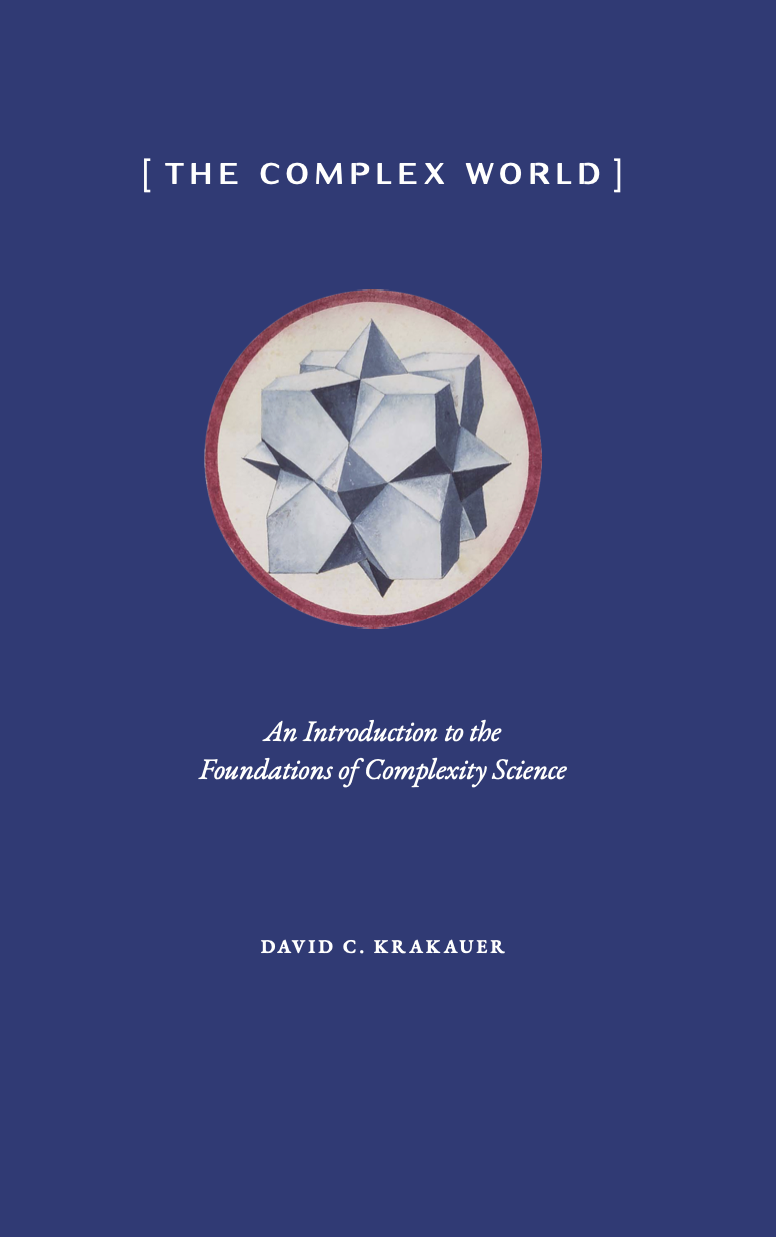
News
On December 19, the SFI Press published Volume 4 of Foundational Papers in Complexity Science. Following the publication of Volumes 1 and 2 in May and Volume 3 in September, this concluding book contains papers published between 1989 and 2000 — an era when complex-systems science had become a fledgling field of study in its own right. Hardcover and paperback versions of each book are available globally at cost; they are not available as ebooks due to electronic reprint rights.
We live in a complex world — one that is increasingly connected, evolving, technological, volatile, and potentially poised for catastrophe. And yet we continue to treat the world as if it were simple. Our dominant frameworks are still linear, unchanging, and disconnected, assuming Earth’s resources are infinitely exploitable. Complexity science offers a paradigm-shifting approach.
To SFI External Professor Han van der Maas, psychology is the most fascinating science of all. It’s also one he sees as facing multiple crises — crises of theory, replication, and measurement.
The Santa Fe Institute is gifting a set of Foundational Papers in Complexity Science books to each recipient of the Complex System Society’s upcoming Emerging Awards. The three winners will be announced during the next Conference on Complex Systems in Exeter, UK, in September.
When Claude Shannon wrote “A Mathematical Theory of Communication” in 1948, he was known as a mathematician and an electrical engineer. From this extraordinarily influential paper — cited more than 155,000 times — he would come to be called the “father of information theory.” Today, we see in him the hallmarks of an early complexity scientist.
The more we learn about the past, the more we come to understand that ancient societies share some striking similarities to our own. From the first waves of migration out of Africa to the Ancestral Pueblo, the peoples of the past created art, migrated to new lands, fought wars, raised families, and exploited natural resources for housing, food, and tools—just like we do.
